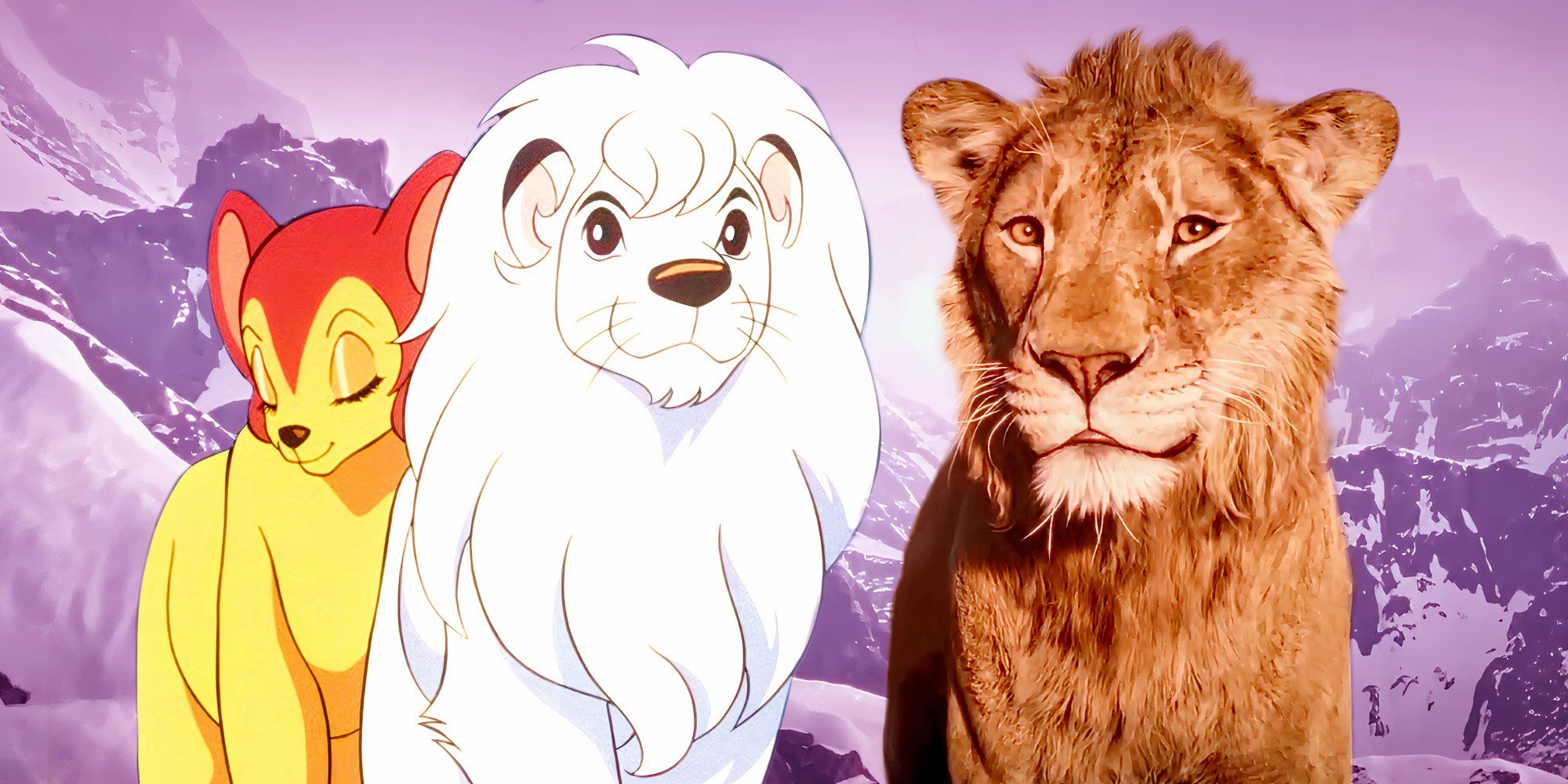
Warning: This post contains spoilers for Mufasa: The Lion King.Mufasa: The Lion KingThe villain stands out as a reminder of a long-running controversy regarding the classic 1994 film. Although Disney's prequel was considered an unnecessary addition to the franchise, Mufasa: The Lion KingReviews highlight its improved animation, impactful soundtrack, and most importantly, a clever story that changes The Lion King canon in the best way. As Simba's PrideMufasa's origin story builds on Kiara's family tree and expands her generational history, this time focusing on the troubling relationship between Mufasa (Aaron Pierre) and Taka (Kelvin Harrison Jr.) — later, Scar.
However, the film's main villain is not Scar, but a merciless outsider who seeks to kill all the lion kings to gain exclusive power over all creatures. Notably, in Mufasa: The Lion KingIn Simba's ending, Simba's father fights Kiros (Mads Mikkelsen) and wins the title of king of the Pride Lands, having defended and saved Milele's animals against the cruel tyrant. Ever since the trailer introduced the all-white band of violent Outsiders, Kiros has been a topic of debate, as the Mufasa: The Lion King The villain's design is reminiscent of the protagonist of Osamu Tezuka's popular anime.
The Lion King's Kimba Controversy Explained
Arguments comparing The Lion King to Kimba have been debunked
The Lion King came out first at the 1994 box office and cemented the studio's esteemed reputation as a producer of new animated stories. However, theories about its similarities to Osamu Tezuka Kimba the White Lion challenge The Lion Kingproud as Disney's first original film. Although Tezuka died in 1989, his devoted fans decided to expose Disney for copying the Japanese author, giving rise to a controversy that has lasted 31 years.
Artist Machiko Satonaka even wrote an open letter to Disney, asking them to acknowledge being inspired by Tezuka (via THE Hollywood reporter). These claims have since been debunked, as arguments were based on images of Kimba that emerged after The Lion King or were not contextualized correctly within its source material. For example, even though Kimba and Simba befriend some of the same animals, the characters are surprisingly different, not to mention that Tezuko's protagonist meets a wide variety of animals and even humans.
Some have also noted that Simba, like Kimba, seeks to dethrone a usurper with black hair and a scar over his left eye, has a romantic interest in a lioness since childhood, and talks to his late father whose face appears in the sky. Even if they seem like more than coincidence, they become minor knocks against Kimba the White Lionthe narrative is long and unique and ends up being representative of common story tropes. Furthermore, the similarity of their names was explained as a translation coincidence, since, in Japan, Kimba is known as Lion, while Simba means lion in Swahili.
Mufasa's villain Kiros is visually similar to Kimba
Kimba and Kiros are completely different characters
MufasaKiros's is similar to Kimba at the very least because they are both white lions featured in popular stories. However, Kiros' color is the only similarity he has to Tezuko's character. While Kimba is a heroic figure with characteristics such as courage, kindness and solidarity, Kiros is a ruthless oppressor who would never befriend other animals, much less those he considers prey. The songs in Mufasa Explain that the white lions were banished by their prides and banded together to take revenge on the yellow-furred kings and claim a place in the circle of life.
The marginalized status of white lions in Mufasa: The Lion King is the opposite in Kimbaas the protagonist is told, his color makes him superior. Disney animators may have been slightly inspired by character designs Kimba the White Lion for the 1994 film, but your connections with The Lion King prequel are almost nil, and the controversy seems long buried.
Source: The Hollywood Reporter